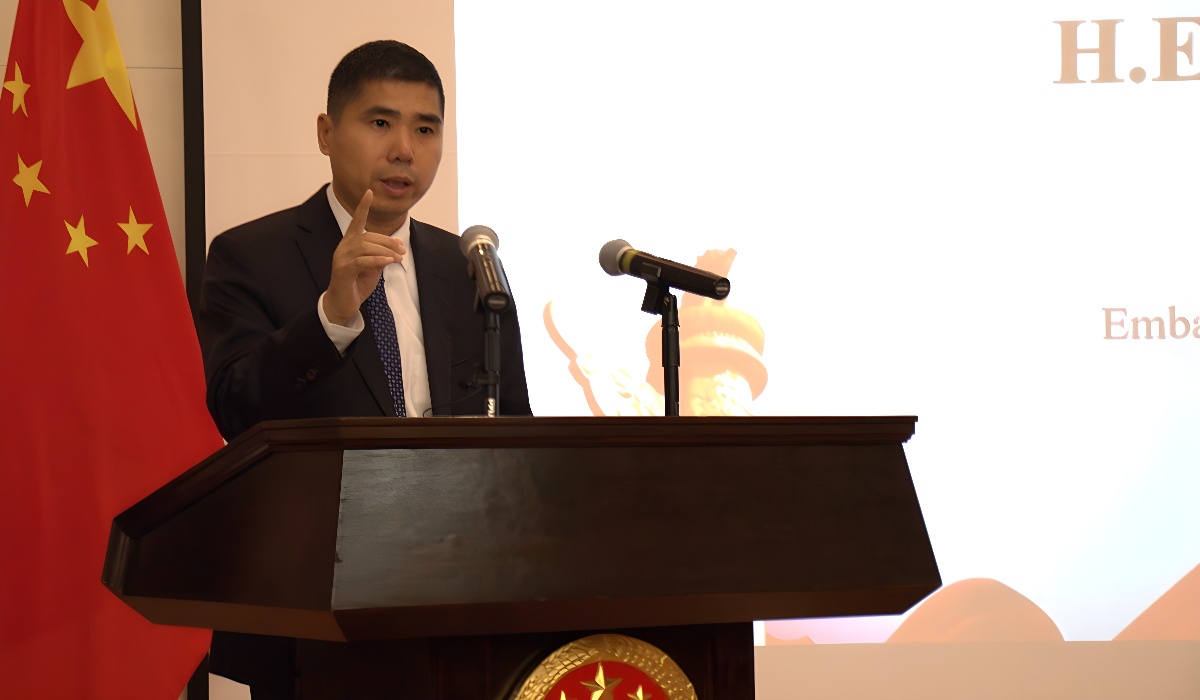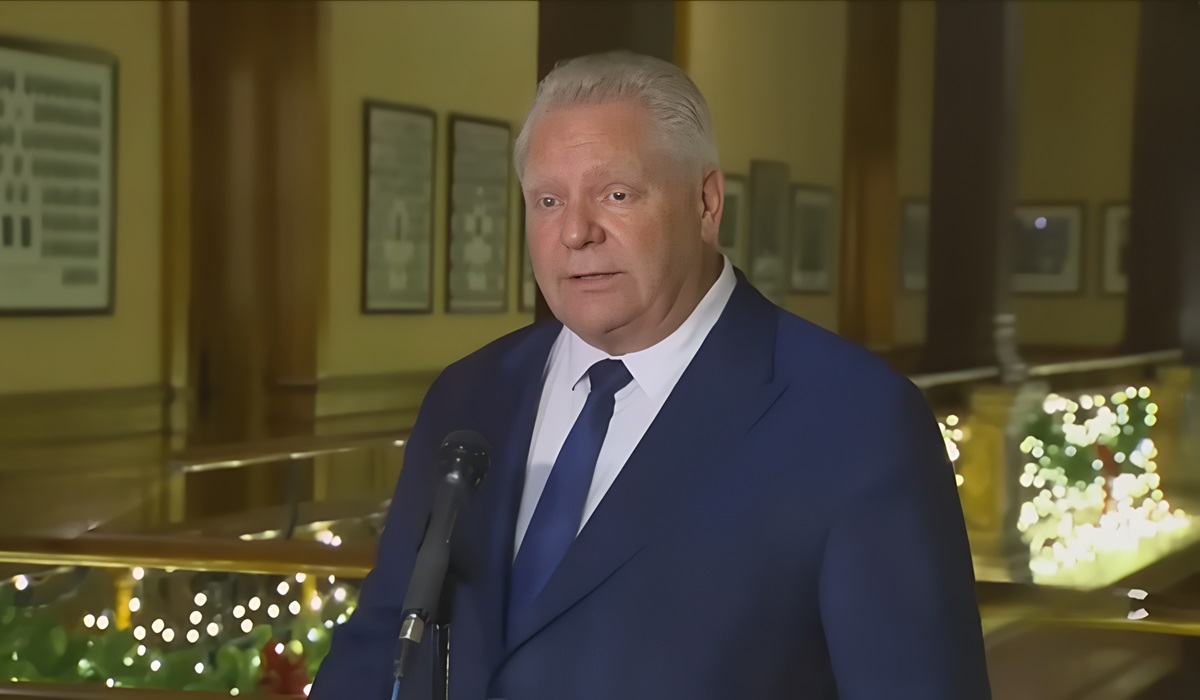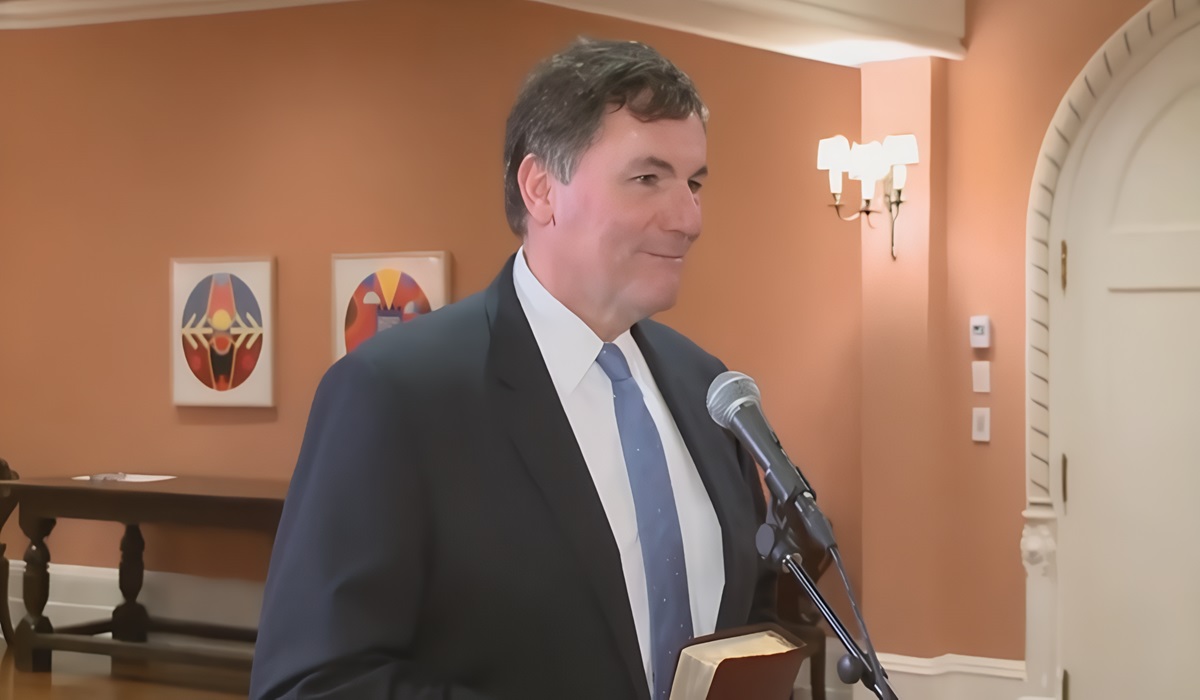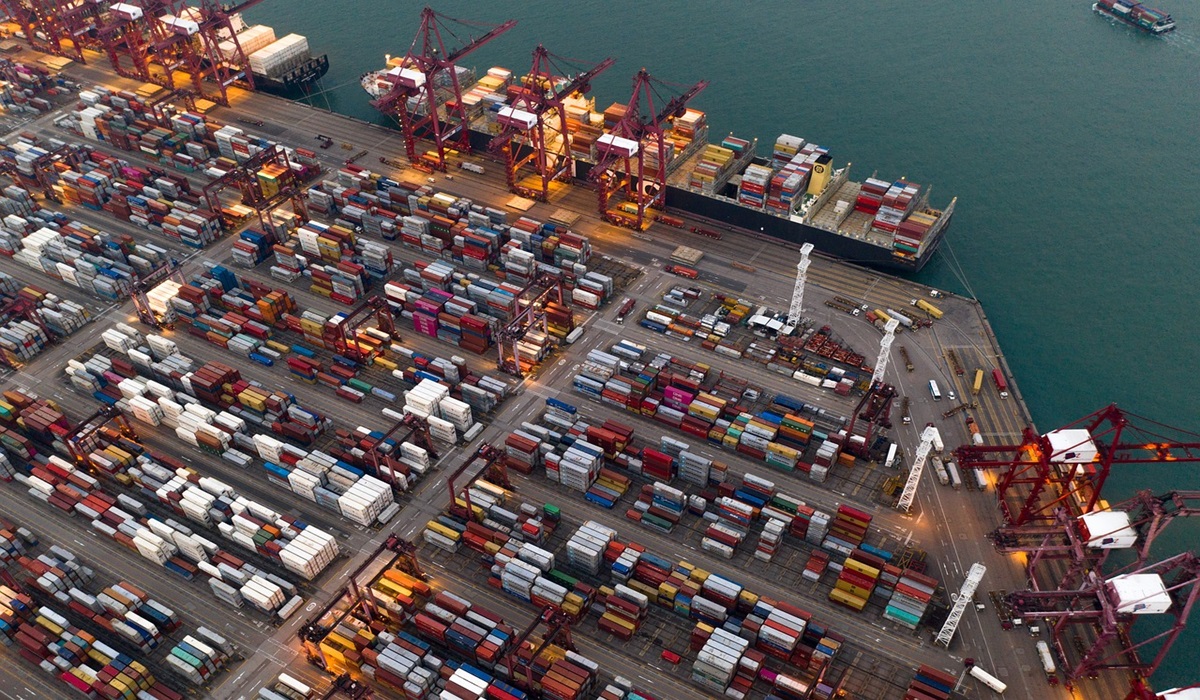His Excellency (H.E) Wang Di, a seasoned diplomat, has recently assumed his role as China’s Ambassador to Canada. With a background that includes serving as Director General of the Department of West Asian and North African Affairs of the Ministry of Foreign Affairs of the People’s Republic of China, and as the Chinese Ambassador to Kuwait, he brings a wealth of experience to this important position.
Being an ambassador to a Tier 1 country such as Canada requires extraordinary skill, education, and communication abilities. Di illustrates these qualities, having proven his diplomatic prowess in various challenging roles throughout his career. His reception by Canada’s Governor General, Mary Simon, underscores the importance of the relationship between the two nations and marks the beginning of a new chapter in Sino-Canadian relations.
The role of ambassador comes with significant responsibilities, including strengthening trade ties and diplomatic relations between China and Canada. While diplomatic roles can be challenging and isolating, requiring long periods away from family, they also offer unique opportunities to influence and enhance bilateral relations. As one of China’s largest trading partners, Canada represents a key focus for China’s top diplomat in Canada to foster mutually beneficial economic and cultural exchanges.
In his speech, Ambassador Di conveyed a sense of renewed optimism for the future of China-Canada relations. He began by reflecting on his experience with the Canadian summer heat, which unexpectedly reminded him of his time in the Middle East. This taught him that, despite the geographical and cultural differences, common ground can be found with a constructive attitude.
He expressed gratitude for the warm hospitality from the Canadian government, particularly noting Assistant Deputy Minister Epp’s thoughtful arrangements and welcoming gestures. This mutual respect and reciprocity spirit is essential for building strong diplomatic ties. Ambassador Di formally invited Canadian officials to visit his residence, symbolizing his commitment to fostering closer relations.
He also shared his hope for the future, highlighting the optimism and fervent hopes of the many Canadian friends he has met since his arrival. These interactions have strengthened his belief in the potential for enhanced cooperation between China and Canada in various fields, aiming to achieve mutual benefits and advance the well-being of both nations’ peoples.
Sino-Canadian relations officially date back to 1942, when Canada first sent an ambassador to China. The relationship experienced a significant hiatus following the Communist victory in the Chinese Civil War in 1949 but was renewed in 1970 when Canadian Prime Minister Pierre Trudeau recognized the People’s Republic of China. Since then, the relationship has evolved, with both countries working together to address global challenges and seize opportunities for collaboration.
As His Excellency settles into his new role, there is a sense of optimism about the future of Sino-Canadian relations. His extensive experience and diplomatic skills position him well to lead efforts in strengthening the partnership between the two nations, ensuring that both economic and cultural benefits are shared and enhanced. Through effective diplomacy, Canada and China can continue to build a relationship based on mutual respect, shared interests, and a commitment to global well-being.









